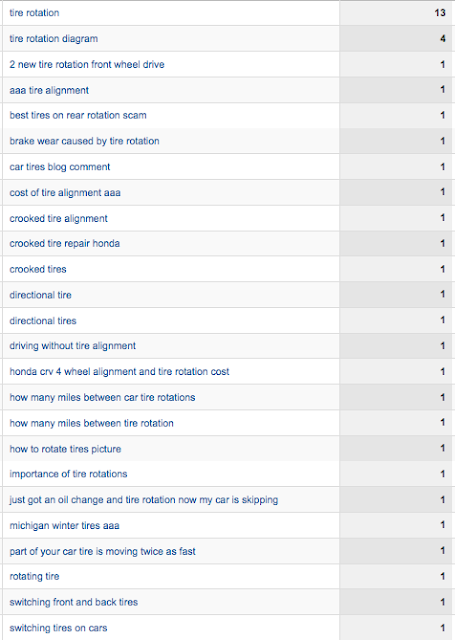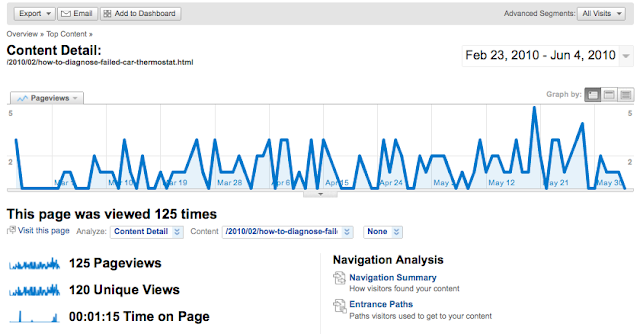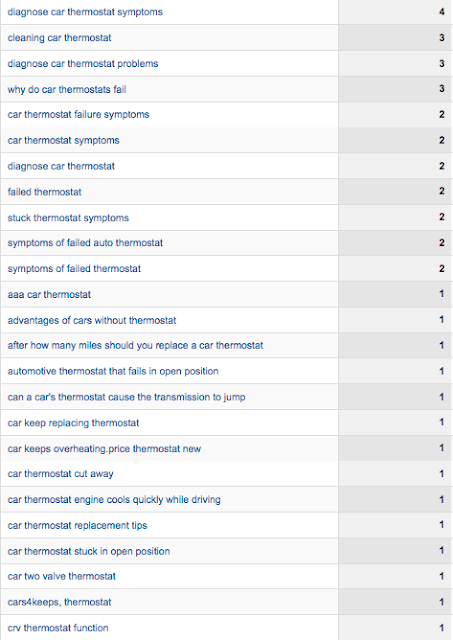It's a common question and one of the most hotly debated topics between marketers and business owners today. Should we be using Twitter? What's the concrete ROI of being on Twitter? Aren't all social networks just a giant waste of time?
This video, produced by Earnest Agency, highlights some of the reasons why social media involvement is so important for businesses. Although this video focuses on business to business (B2B) marketing, the message applies to both B2B and B2C industries.
It's understandable that many business owners and CEOs view Twitter primarily as a time-waster. After all, it IS time-consuming, and the results of being active on Twitter are difficult to measure. Worst of all, it's fun.
Many social media evangelists make it seem like being active on every social network the web has to offer is crucial to any business' success - regardless of the business' industry and target demographics. In my opinion, Twitter is NOT the right tool for every business, just as Facebook, LinkedIn, YouTube, MySpace, Digg and Flickr don't fit the needs of every business' marketing goals. It's better to think of these as tools in a marketer's toolbox. Why would you pull out a chainsaw, hammer and nailgun when all you really need is a chisel?
Here comes the big HOWEVER. As countless businesses across B2B and B2C industries have demonstrated, Twitter can be more effective in a wider range of applications than many business owners realize. Dismissing social media involvement without researching how competitors and businesses in similar industries are using it could mean losing out on business and market share. Again, I'm not saying Twitter is the right tool for every business, I'm simply saying that it's an option worth exploring.
Let's explore how businesses in a range of B2B and B2C industries are currently leveraging Twitter - to some pretty phenomenal results.
Business to consumer (B2C) businesses using Twitter successfully:
@jetblue (aka Jet Blue Airlines)
Jet Blue Airlines has taken its industry's reputation for shoddy customer service as an opportunity to stand out above the crowd. @jetblue tweets real-time customer service updates and responses with a dedication that shames the rest of the airline industry. A glance at @jetblue's Twitter page, at any given time, will yield information about luggage checking, flight availability, destinations and even the availability of certain produce at given destinations. By leveraging Twiter this way, Jet Blue manages to provide high quality, real-time customer service, promote its services and boost its PR through ceiling in a single swipe.
@homedepot (AKA Home Depot Corporate)
Following a similar model to @jetblue's Twitter strategy, @homedepot's Twitter page is full of responses to customer questions, problems and even compliments. An entire team is dedicated to responding to customer inquiries sent to @homedepot, and from the looks of it, they're doing an excellent job. Home Depot has created a series of short, helpful DIY fix-it videos which it uses to populate its Twitterfeed when it's not responding to customer inquiries, a great applicaiton of "pull" marketing.
@gap (The Gap)
Sure, Gap uses its Twitterfeed to push new product and sale information to customers, but @gap also successfully leverages Twitter to engage in fashion and clothing communities. @gap keeps careful tabs on who is talking about Gap products where and talks right back, spreading the discussion further with frequent shoutouts to active Twitter-ers.
@fivesparrows (Five Sparrows Marketing)
While there's nothing particularly noteworthy about @fivesparrows' Twitter strategy (they essentially use it to share information), they mentioned an interesting case study when I heard them speak recently. One of their clients was a chain of gas stations, all located close to freeway entrances. Rather than funneling out specials on slurpies and hot dogs, they used their Twitterfeed to ping customers on changes in gas prices. Truckers traveling through were able to save hundreds of dollars each week by checking the company's Twitterfeed.
Business to business (B2B) companies successfully leveraging Twitter:
@steelcase (Steelcase)
This office furniture manufacturer averages 4-10 tweets per day without ever slipping into shout-about-our-products-with-a-megaphone mode. The majority of @steelcase's tweets are genuine conversation between customers, colleagues and design professionals, and a small percentage are @steelcase slyly plugging its products by sharing conversations other people are having about them. @steelcase slips in occasional customer service when necessary, as well.
There are plenty of individual B2B professionals who leverage their personal Twitter accounts to expand their network and create "buzz" around their own name, a form of personal branding. @b2btw and @mvolpe are both individual marketing professionals who have gained respect and notoriety in their respective B2B communities by sharing honest, interesting perspectives on industry issues. @b2btw's dry commentary on marketing fails and events serve to engage the B2B marketing community while re-affirming @b2btw's own expertise.
@MIWomensForum is the Twitter arm of a website of the same name. Solely operated by publisher Joni Hubred-Golden, @MIWomensForum acts as a hub for all business-related women's issues in Michigan and has become a powerful authority on information, connections and events. The true bottom line, however, is that @MIWomensForum makes advertising space on www.michiganwomensforum.com far more valuable than it would be otherwise.
So how do you determine whether or not Twitter is the right marketing strategy for your business? It might help to consider the following:
- Is your customer base on Twitter? Do the research. Some businesses may find that not enough of their customers use Twitter to justify establishing a campaign. Others might find a thriving community of untapped potential customers.
- What kind of value would real-time updates provide to your customers? Be creative; research competitors and consult with your creative staff.
- What goals could Twitter enable you to accomplish? Brainstorm a list of your business' biggest obstacles, then explore ways Twitter could help address them.
There are plenty of resources available around the interweb to help you figure out the ins and outs of using Twitter for business. If you'd like help mapping out a successful strategy for your business, I'd be happy to sit down with you for a free consultation.
















